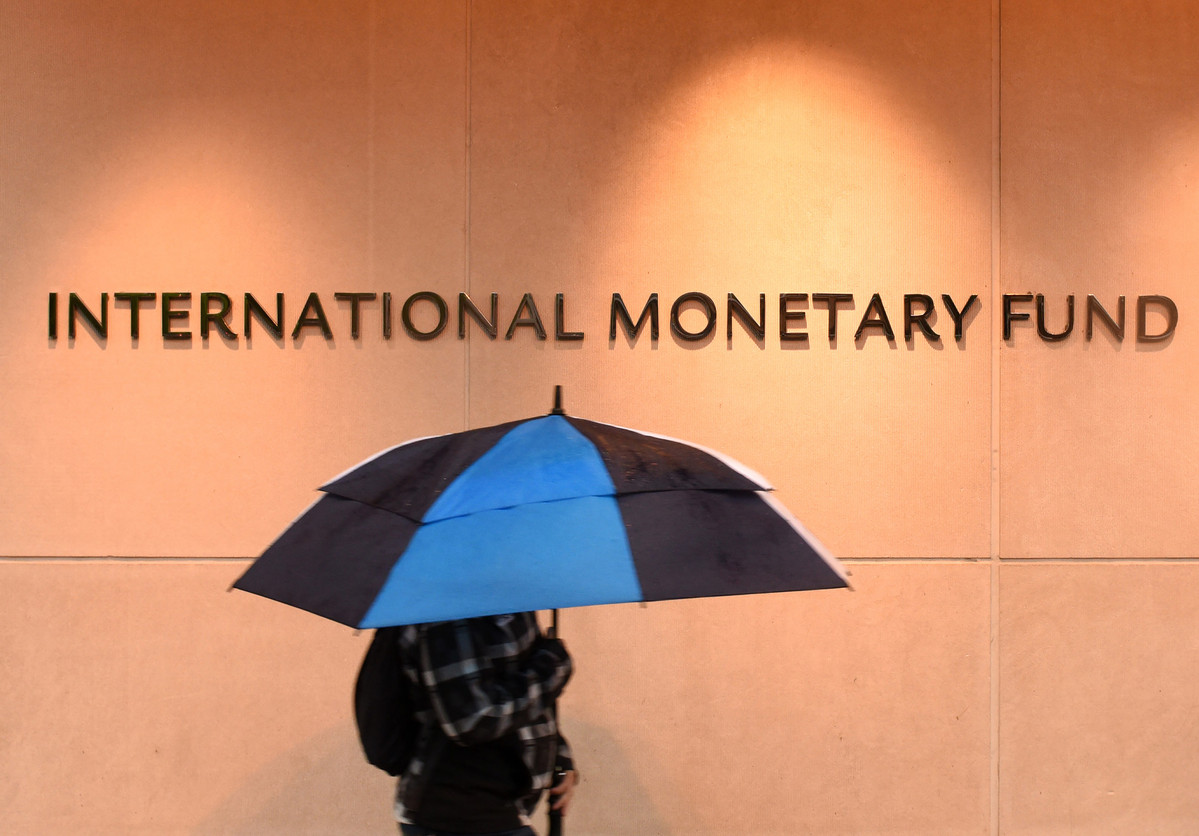IMF assistance seen as backfiring
By SERGIO HELD | China Daily | Updated: 2019-10-22 09:33

Countries in Latin America are once again finding it difficult to kick-start debt-ridden and stalling economies while meeting onerous conditions set by the International Monetary Fund, or IMF.
Some states, most recently Ecuador and Argentina, have had to deal with significant rises in social unrest due to the economic adjustments required by the IMF for loan approvals and disbursements. Even Chile, which has long boasted a relatively sound economy, has been experiencing chaos in the streets recently.
Ecuador has endured two weeks of social unrest sparked by cuts to fuel subsidies demanded by the IMF. In Argentina, the embattled conservative government that negotiated a huge loan appears poised to lose an election this year.
"The changes required by the IMF to different governments around the world aim to protect the international monetary system," said Alberto Schlesinger, dean of the Faculty of Economy at Sergio Arboleda University in Bogota, Colombia.
The IMF is often sought as a lender of last resort to countries in economic downturns, but the Washington-based organization does not just give money away-it requires repayment with interest coupled with conditions.
But to pay back the loans, countries have to cut costs or boost their economies enough to generate the funds to repay the loans. More often than not, the IMF demands both. And cutting costs can be a painful process that hurts the most vulnerable most.
"The conditions of the IMF are not inflexible.... But once the terms have been agreed and the disbursement has been made, dine and dash can't be done", which in many cases "is attempted by mobilizing political pressure or by changing governments", Schlesinger said.
Entrenched cycle
Across Latin America, however, the cycle of borrowing, belt-tightening and economic crises is entrenched. The IMF has done business with Mexico, Brazil, Venezuela and Bolivia, among others, with mixed results. Ecuador and Argentina are going through downturns and political unrest as a direct result of their dealings with the IMF.
In Argentina, the IMF has delayed disbursing $5.4 billion-the latest tranche of a package worth more than $56 billion. The IMF has been reviewing the loan after it became clear that a populist government looks likely to win the presidential election later this year and could reverse years of unpopular cost-cutting.
"The IMF already had interference in Argentina because in the end it loaned all that money to (President Mauricio) Macri, essentially to keep the exchange rate at bay throughout the year and so that the peso did not lose value," said Miguel Boggiano, a financial adviser and professor at University of San Andres in Buenos Aires.
Critics say that by holding back the next tranche of cash that Argentina is expecting, the IMF is putting the country between a rock and a hard place.
"IMF adjustments are not necessarily a benefit to the economy," said Boggiano, adding that its "recipe is very simple: raise taxes, then the economy drowns".
In Ecuador, the unrest stemmed from the fund's requirements that the country reduce its fiscal deficit to qualify for a credit line of $4.2 billion needed to boost its economy.
Some critics say the IMF exceeded its mandate, but others believe weak negotiating skills left the Ecuador government with no good choices.
Fernando Balda, a former member of congress and a possible presidential contender, said that rather than heaping all the blame on the IMF, "we could say that it is the governments that do not know how to negotiate".
Nevertheless, the IMF's demands for deep economic reforms and cuts to fiscal deficits are directly related to the country's crisis, critics say.
The author is a freelance journalist for China Daily in Bogota, Colombia.
























